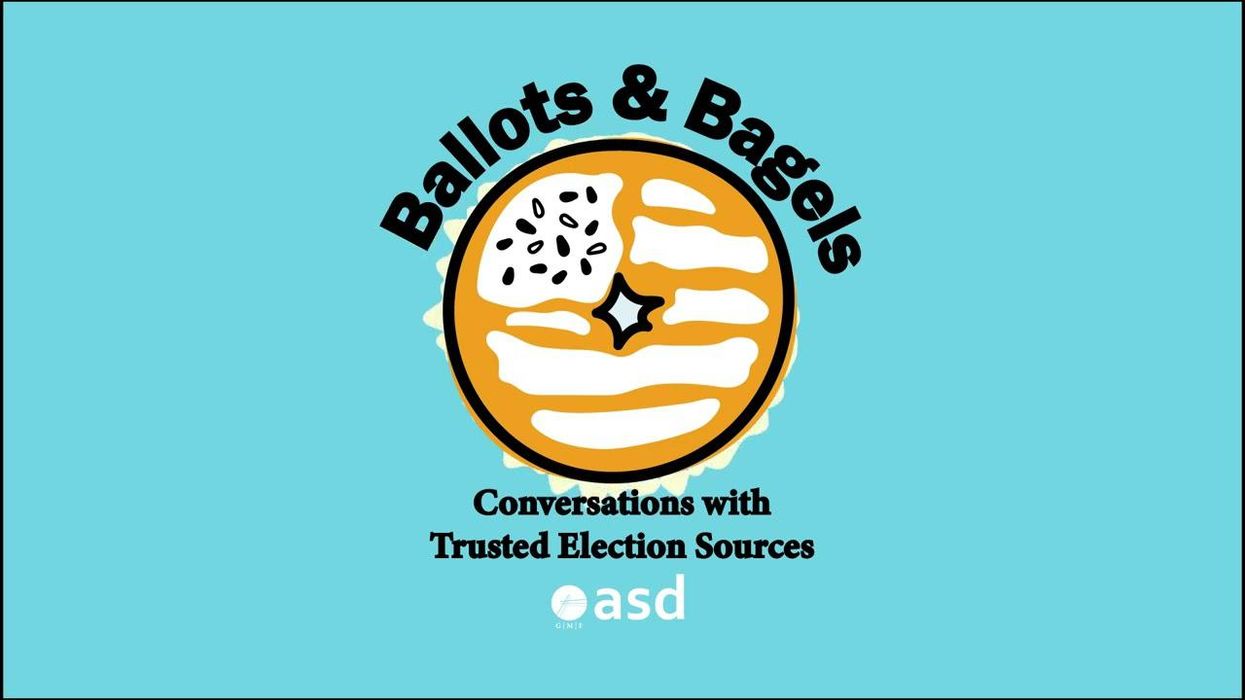In episode 3 of the Alliance for Securing Democracy’s Ballots & Bagels series, Elections Integrity Fellow David Levine is joined by Joseph Kirk, election supervisor for Bartow County, Georgia. They talked about preparing for and administering Georgia’s May 24th primary, as well as ways to strengthen trust in future elections.
Video: David Levine & Georgia Election Official Joseph Kirk Discuss 2022 Primary
Ballots & Bagels Ep. 3: David Levine & Georgia Election Official Joseph Kirk Discuss 2022 Primary




















